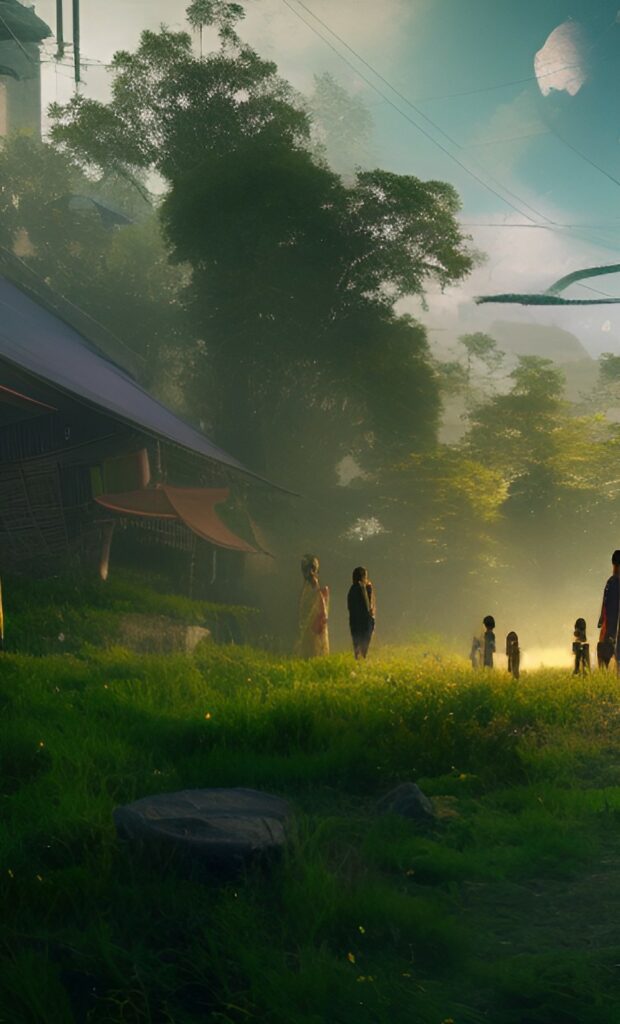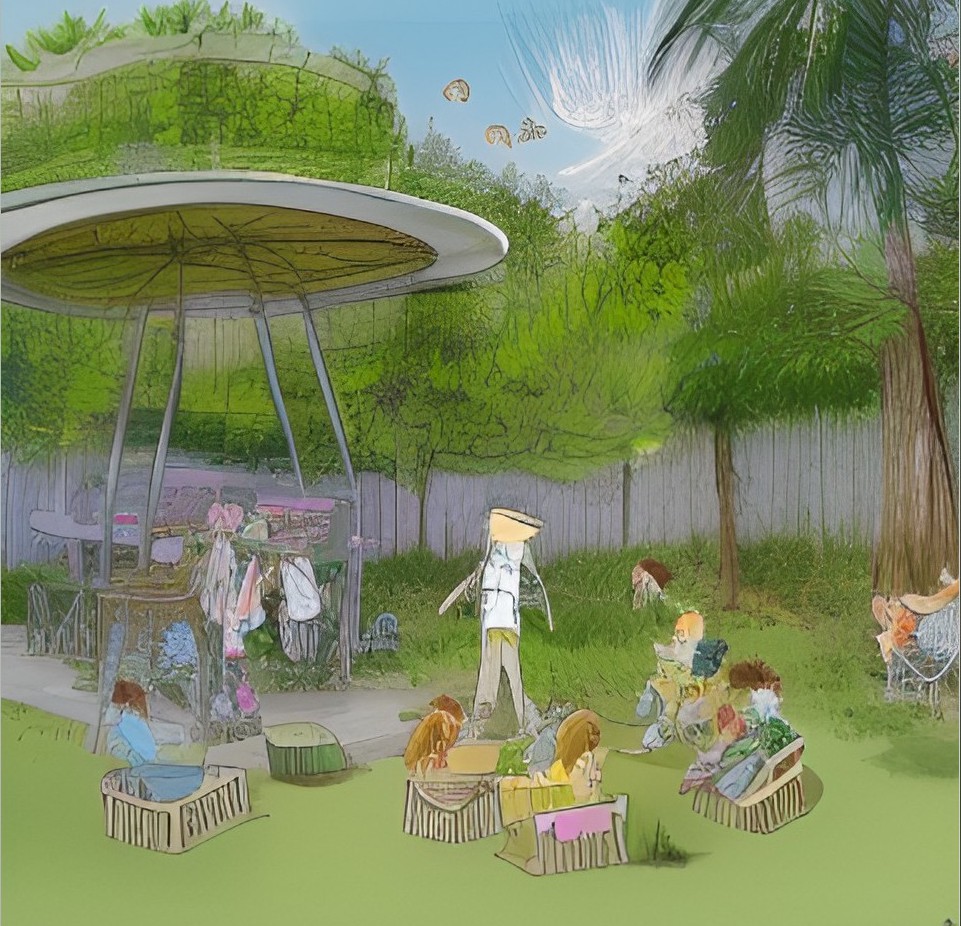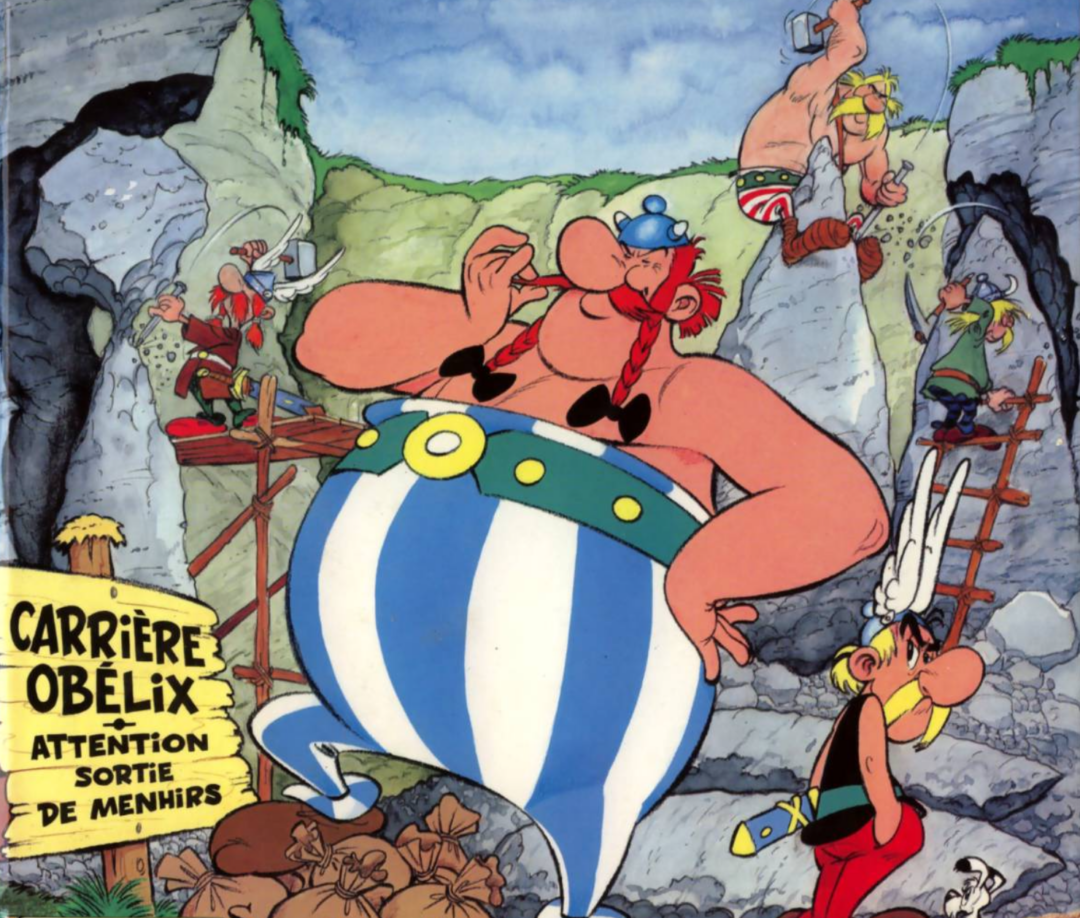The year is 2079. In the aftermath of the ultimate collapse of global capitalism, communities all over the world have been hard at work reinventing themselves, and rediscovering how to live in this new economic, and ecological reality. In this new world, technological innovation continues to play a central role. The old world relied heavily on technology too, but to a fault. In the latter years of the twenty-first century, humans have discovered that technological innovation is a means to the end, though not the end in itself. Innovation is useless if it does not serve to promote the well-being of life on Earth.
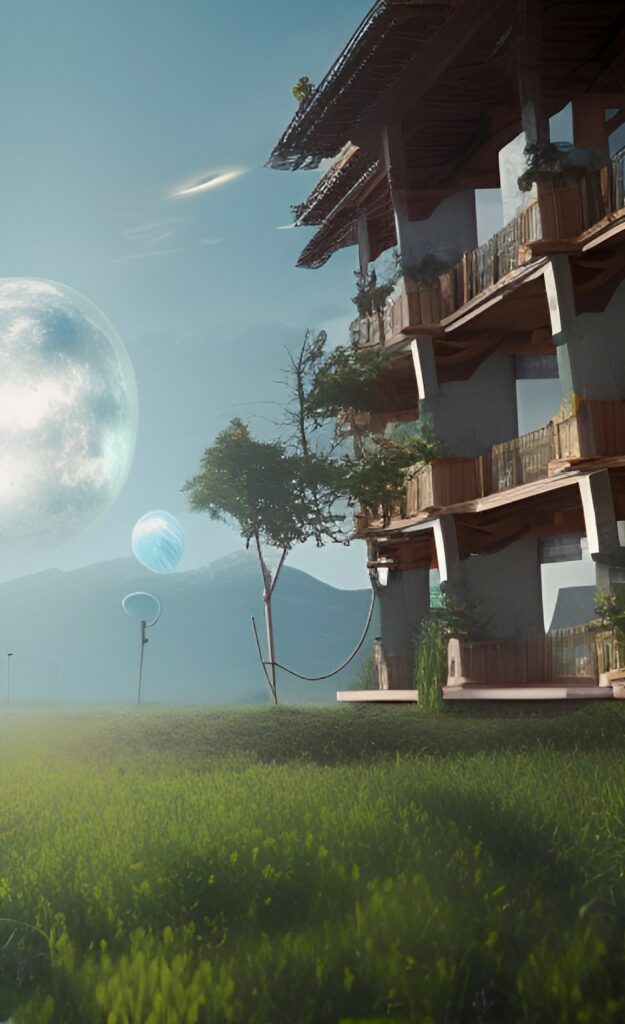
Despite the fallout of the ecological disasters of the mid-century, the citizens of Trellis have re-established themselves as a thriving community. Where lives were once ruled by the endless pursuit of efficiency and generation of wealth, people now look for more direct ways to meed their needs via subsistence living and trading with other members of the community. While shops and markets still exist, they no longer do so as multi-national corporations. When people realized that a localized economy could meet their needs far better than a globalized, homogenous alternative, the decision to put growth restrictions on businesses in general made sense.
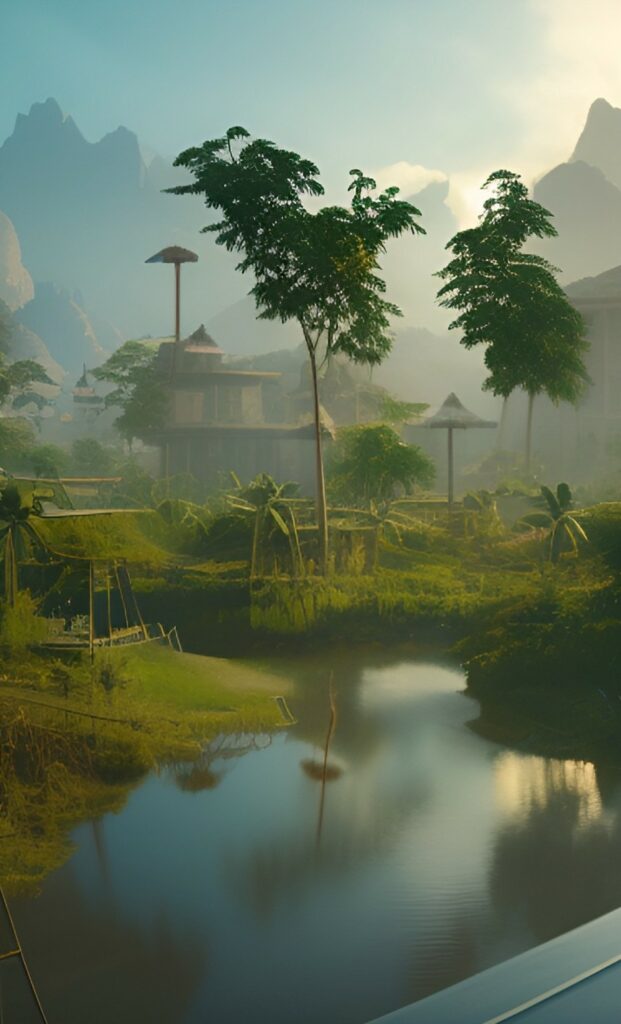
Education, as in societies of the past, continues to play a significant role in 2079. Despite projections made by university students in the twenties about a hostile artificial intelligence takeover, school looks similar in many ways to educational facilities of days gone by. Though school in this new world has not remained entirely the same. Where students once went to school expecting to sit quietly and receive instruction from there teacher, they now spend much more time working towards learning goals set by the class as individuals, and corporately, at the start of the year. In these new educational environments, teachers act more as facilitators and consultants to students.
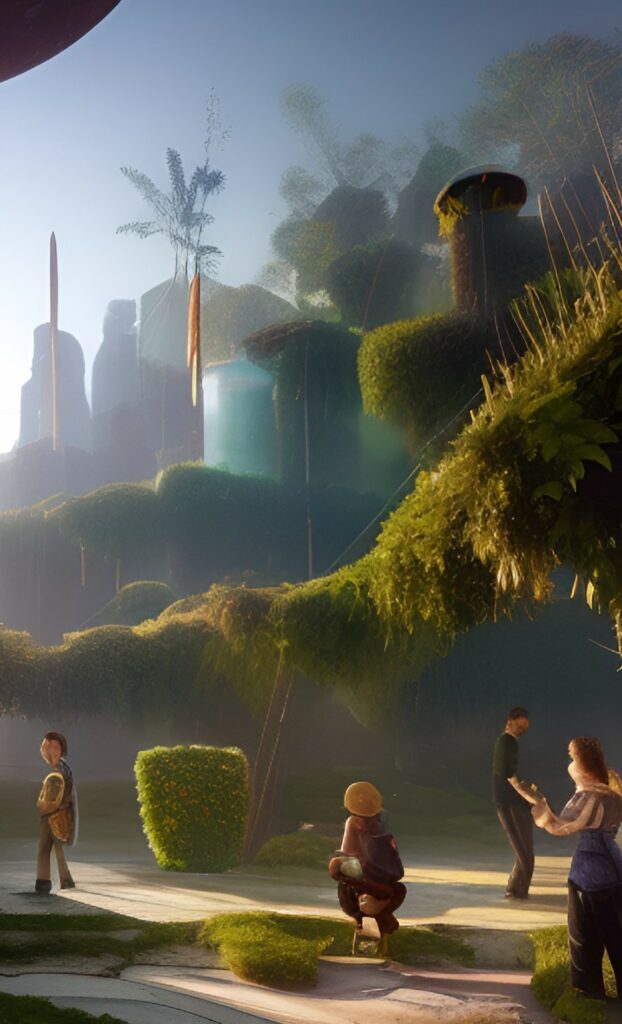
Classrooms are no longer defined as secluded, boxy environments, but have expanded outwards into the realm of the natural world, where students can move and breathe clean air in proximity to flora and fauna. In 2079, schools work less like factories of the capitalist epoch, and more like community centres where students come to have their emotional, physical, and intellectual needs met. Teachers regularly organize meals in which their students can come together (contributing what they are capable of) and develop a stronger sense of community by sharing food, laughs, and conversation. The beauty of Trellis is evident in the way a functioning, healthy community was able to form in the wake of so much collapse and destruction. The latter days of the twenty-first century will be remembered as a time when civilization rose like a phoenix from the carbon heavy ashes of industrial capitalism.
